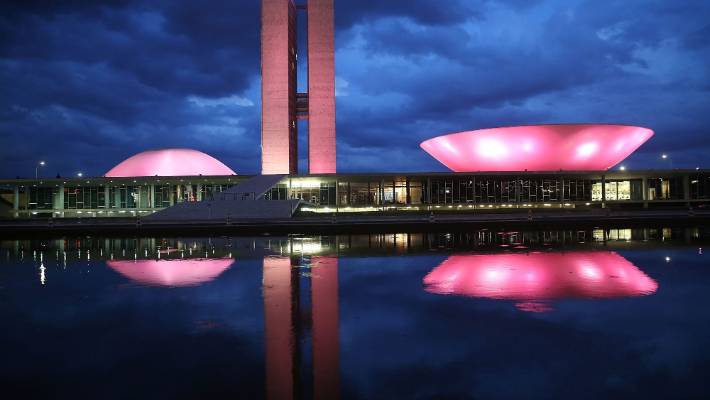According to election data analyzed by political scientists, Belgium has taken over from Brazil as the country with the most fragmented House of Representatives.
The researchers used the Effective Party Number (NEP) as an indicator to measure the fragmentation of the Chamber of Deputies.
Brazil’s NEP has significantly decreased. It was 16.5 after the 2018 elections but dropped to 9.2 in 2022, considering federations as a single party.
The latest comparison with data from all countries confirms that Brazil is no longer in the lead.

Apart from Belgium and Brazil, Bosnia, Colombia, the Netherlands, Malaysia, Indonesia, Denmark, Guatemala, and Israel occupy the remaining ranks in the world’s top 10 most fragmented parliaments.
This reduction in fragmentation in Brazil can be attributed to changes in legislation that have made it more difficult for small parties.
The end of proportional coalitions and implementation of a performance clause have contributed to this decline.
The inability to form coalitions has diminished the bargaining power of small parties, reducing their chances of electing representatives.
Consequently, the number of parties in the Chamber of Deputies has decreased.
In 2022, Brazil had 19 party federations with members in the House, the lowest number since 1986.
The trend of fewer parties is expected to continue until the 2030 election when the performance clause reaches its maximum requirements.
Parties that fail to meet these criteria will lose access to the Party Fund and TV time.
Reducing party fragmentation is expected to make the Brazilian political system more functional.
However, challenges remain, such as the ideological bench of the left being reduced and the president losing control over the budget, which affects negotiations with the legislature.
It is worth noting that the Supreme Court’s decision to overturn the performance clause in 2006 and subsequent delays in improving the party system have impacted Brazil’s political landscape.
Nonetheless, reducing fragmentation is considered an important step toward strengthening democracy in the country.
With information from Poder360

